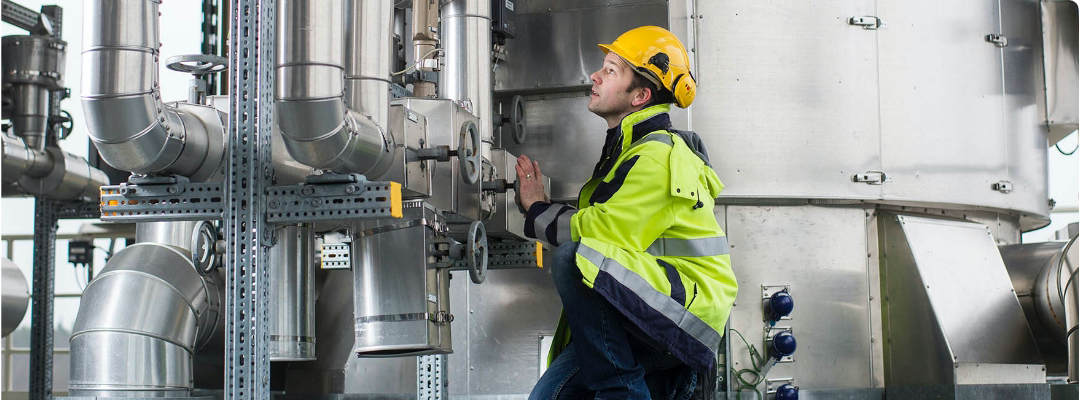The degree programme in Chemical and Process Engineering (CIW) combines engineering and natural sciences. By choosing appropriate laboratory practicals, you can choose to focus more on chemistry or on apparatus engineering. While in the first semesters in-depth fundamentals in mathematics, chemistry, physics, materials science, technical mechanics, construction theory and thermodynamics are acquired, the focus in the 5th and 6th semesters is on process engineering. In addition, the first elective and in-depth options already exist here in the bachelor's degree.
specialisation options. The Bachelor's thesis at the end of the programme offers the opportunity to further deepen one's own interest scientifically. After the
After graduating with a Bachelor's degree, most students take the opportunity to deepen their knowledge in the Master's programme. A professional internship is also required there.
Today, however, the job profile of graduates goes far beyond the classic career in the chemical industry. Energy and environmental technology are becoming increasingly important. With training in this field, the faculty is making an important contribution to the energy transition using renewable energies.


